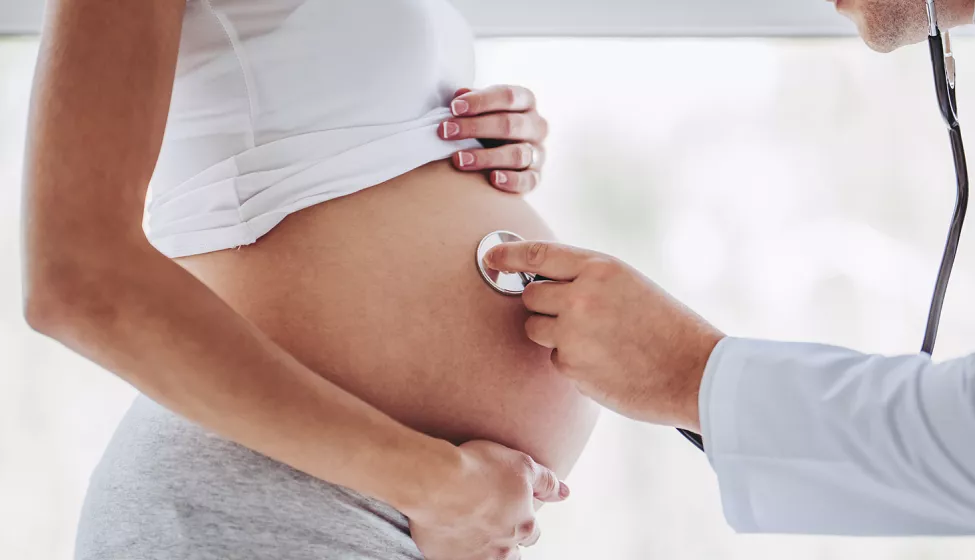December 18, 2018
The global women's health market is expected to reach USD 51.3 billion by 2025. An aging female population, the advent of new therapies related to women's unique physiological needs, and more favorable social and government policies are predicted contributors to this growth.
Women's health innovation will be driven by established device companies focused on surgical techniques, implants, and imaging in ob-gyn, bone, breast, and reproductive health. Startups that offer innovative medical devices, sensors, and digital tools to monitor and improve outcomes in women's health are also positioned to succeed. Manufacturers introducing new women's health products in the U.S. can benefit from conducting relevant evaluations to demonstrate product safety and effectiveness and building proactive plans to ensure quality and regulatory compliance throughout the total product life cycle.
Quality should be a mindset. It should be embedded in a manufacturer's culture and its total product life cycle from cradle to grave.
Product safety and effectiveness are fundamental criteria for the successful launch of any new medical device. While there are well established and recognized standards used to evaluate certain aspects of women's health products, the technological advances in these products may pose new challenges to evaluation. With advances in material science, newer materials or combinations of materials will need to be assessed using the updated guidance on biocompatibility released by the U.S. Food and Drug Administration. This guidance places greater emphasis on the role of risk management in biocompatibility evaluations.
The advent of digitally connected devices and those generating and storing real time data brings into the forefront additional considerations regarding the type of reliability testing to be conducted. Additionally, analysis of real world data from these devices provides opportunities for manufacturers and health care providers to use this data to understand health outcomes and to identify new indications. Recent announcements from FDA focusing on the use of real world data and on enhancing post-market safety indicate an interest in addressing questions unique to women's health through use of real world data and active surveillance via registry networks.
The regulatory implications of product safety and effectiveness testing are twofold. First and foremost, FDA requires documentation of performance and safety evaluations as a prerequisite for clearance or approval of medical devices before market launch. Second, FDA increasingly scrutinizes these evaluations as part of its post-launch inspection considerations.
Manufacturers of women's health products should be aware that in 2011, FDA launched the Case for Quality to change how product quality is perceived and approached within the medical device industry. The intent is to broaden the definition and approach to quality beyond complying with FDA's Code of Federal Regulations Title 21 Part 820 (21 CFR 820). Quality should be a mindset. It should be embedded in a manufacturer's culture and its total product life cycle from cradle to grave.
To assist with these initiatives, FDA is reorganizing employees in the Center for Devices and Radiological health to initiate a total product life cycle approach. FDA Case for Quality pilot programs have been launched that are anticipated to become formal programs in the future. These programs may impact the way manufacturers of women's health products approach quality in their operations.
Finally, the recent announcement on the modernization of the 510(k) pathway indicates FDA's intent to consider more "modern predicate devices" or "objective performance criteria" in the clearance process. This change will bring new opportunities to identify the data required and the approach to bring new women's health products to market.
How Exponent Can Help
Manufacturers of women's health products often partner with independent third parties to help navigate the above complexities. Exponent's multidisciplinary team of scientists, engineers, statisticians, and regulatory experts has extensive experience in a variety of women's health products and health outcomes, as well as the highly regulated global medical device industry. Many are also involved in industry standards development and in advancing regulatory science. Exponent's team can help clients identify appropriate testing to evaluate the safety and effectiveness of new women's health products and help position them to succeed in a rapidly changing regulatory environment.

